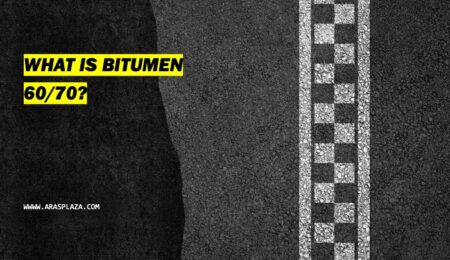Bitumen is a key component in bituminous membranes, primarily used for waterproofing applications. Bituminous membranes are sheets made from a blend of bitumen (asphalt) and other materials, providing a durable and flexible barrier against water and moisture penetration. Here’s how bitumen is used in bituminous membranes:
1. Composition of Bituminous Membranes:
- Bitumen: Acts as the primary waterproofing material in the membrane. It is mixed with polymers (SBS – Styrene-Butadiene-Styrene or APP – Atactic Polypropylene) to enhance flexibility, elasticity, and resistance to various weather conditions.
- Reinforcement Layers: Typically, the bitumen is coated onto a reinforcement layer made of polyester, fiberglass, or a combination of both, adding strength and durability to the membrane.
- Surface Layer: The top layer may be finished with mineral granules, sand, or foil to protect the membrane from UV rays and mechanical damage.
2. Types of Bituminous Membranes:
- APP (Atactic Polypropylene) Modified Bitumen Membranes: Bitumen is modified with APP, making it more resistant to high temperatures. These membranes are suitable for hot climates and have a higher melting point.
- SBS (Styrene-Butadiene-Styrene) Modified Bitumen Membranes: Bitumen is blended with SBS polymers, giving the membrane flexibility and elasticity, which is advantageous in colder climates where structures may experience contraction and expansion.
3. Application Methods:
- Torch-On Method: The bituminous membrane is applied using a propane torch to melt the bitumen on the underside, allowing it to bond securely to the surface.
- Self-Adhesive Membranes: These membranes have a layer of adhesive bitumen that bonds to surfaces when the protective film is removed, allowing for easier and safer installation.
- Cold-Applied Membranes: Applied using a cold adhesive bitumen paste, avoiding the need for heat, making it suitable for surfaces that cannot withstand high temperatures.
4. Properties and Benefits of Bituminous Membranes:
- Waterproofing: Bitumen provides an effective barrier against water, making these membranes ideal for roofing, foundations, basements, and tunnels.
- Durability: Modified bitumen membranes offer enhanced resistance to weathering, UV radiation, and mechanical damage, resulting in a long lifespan.
- Flexibility: The use of polymers with bitumen allows the membranes to adapt to movements in the building structure, preventing cracks and leaks.
Bitumen’s hydrophobic properties make it a highly effective component in bituminous membranes for various waterproofing and sealing applications in the construction industry.



Leave a Reply